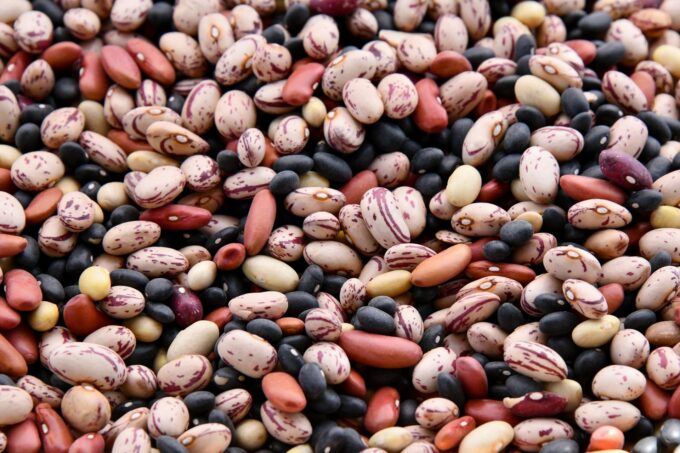
Photo by Shelley Pauls on Unsplash
Beans are often one of the least thought-about food items for many families – even though they offer a huge amount of nutrients and are cost-effective too. If you skip fresh beans or even tinned, you can use the even better-priced dried beans and learn how to make instant pot kidney beans, so you’ve always got what you need!
But why should you be thinking of beans a few times a week?
Fiber
Healthy guts for the whole family require the right amount of fiber every day. Unlike many other veggies and other fiber-packed foods, beans are interesting because when cooked, the fiber in the beans doesn’t break down. Meaning you get the most amount of fiber possible from beans.
Blood Sugar
If you or anyone in your home has blood sugar level concerns, then beans for many will make a great addition. They have a low glycemic index, and the carbohydrates in the beans get absorbed at a slower rate, which means over a long time too. Beans can help you to keep your blood sugar levels and are thought to help with things like diabetes.
To keep a steady blood sugar level throughout the day, as little as a cup of means in any meal can help.
Heart Health
We know that a good diet goes a long way to help protect and support a well-functioning heart. Beans work wonders on our cholesterol; for every 1% lower your cholesterol is, there is a double the percentage lower risk of a heart attack.
Beans contain both magnesium and potassium, which are some of the key minerals for a healthy heart too! Extra sodium in the blood is removed by potassium, and magnesium supports blood pressure regulation and nerve function.
Iron
One of the most common nutritional deficiencies is iron – it can lead to tiredness, lack of energy, and a general feeling of weakness. Just half a cup of lentils will bump up your iron levels. Beans only offer non-heme iron, which isn’t as easily absorbed into the body as iron that comes from meat.
B Vitamins
You can find thiamin, niacin, riboflavin, B6, and folate—B vitamins that, among other things, aid in the conversion of food into energy, raise levels of good cholesterol, and reduce inflammation—in many bean kinds.
Research shows B6 and folate may also assist in reducing your chance of developing cardiovascular disease.
Digestion
Many people avoid beans because along with beans come gas – however, they contain both insoluble and soluble fiber, and they work in unison to help your digestive system work well. Soluble fiber ensures that nothing runs through your system too quickly and keeps you feeling fuller for longer. In comparison, insoluble fiber makes sure that you don’t get constipated. Having the right amount of both will mean your system isn’t stop-start but just smooth.
All you need to do is add at least three cups of beans into your weekly diet, and you’ll give your system what it needs in terms of nutrients. Beans and lentils are some of the best ways to complement dishes when it comes to leftovers too: Using Up Leftover Ingredients You Have No Idea How To Cook – A Happy Hippy Mom.














